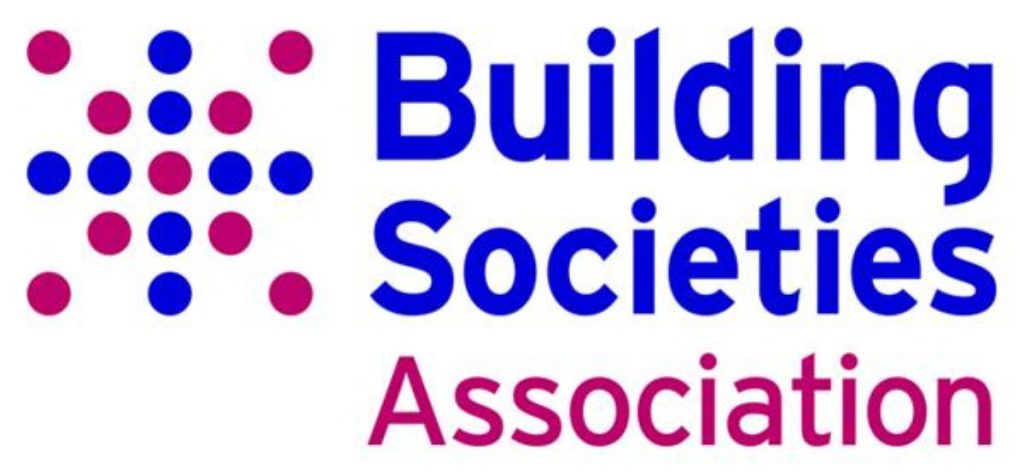BSA calls for accountability and cost control in new regulatory regime
In its response to the latest HM Treasury Consultation Paper – A new approach to financial regulation: building a stronger system – the BSA has highlighted that the new regulatory regime needs proper accountability and tough cost control.
The BSA finds much to welcome in the most recent set of proposals including:
. New strategic and operational objectives for the FPC, PRA and the FCA, particularly regulatory efficiency, value for money and cost-effectiveness
. Recognition of the need for corporate diversity
. Commitment to the need for strong co-ordination between the new regulatory bodies
. The recognition that it is crucial for the UK economy that the regulators are involved and co-ordinate their activities at EU and international level.
However, the BSA still retains some concern about the accountability of the Bank of England. And it is particularly concerned that the commitments to efficiency and cost effectiveness have yet to be translated into practical arrangements, the BSA has put forward clear proposals for achieving this.
Adrian Coles, Director-General, BSA commented: “Broadly speaking, there is much to welcome about these more detailed proposals for the new regulatory regime. We are pleased to note the degree to which the new arrangements will recognise corporate diversity, which will help to ensure a level playing field for businesses of different corporate forms under the new regulator.”
“We do have some concerns about the emergence of an excessively powerful Bank of England. Under the proposed new arrangements the Governor of the Bank of England will be Chairman of the MPC, the FPC and the PRA, as well as having oversight of the FCA, and the bank resolution regime and we believe that it is time to strengthen the resources of the Treasury Select Committee to provide a measure of balance.”
” We also call for tougher action on cost control, and made some practical suggestions – shared back offices, common gateways – as to how this should be achieved.
~Ends~
Notes to Editors
1. The BSA submission to the HM Treasury Consultation Paper can be found here – www.bsa.org.uk
2. The Building Societies Association (BSA) represents mutual lenders and deposit takers in the UK including all 48 UK building societies. Mutual lenders and deposit takers have total assets of over £365 billion and, together with their subsidiaries, hold residential mortgages of almost £235 billion, 19% of the total outstanding in the UK. They hold more than £245 billion of retail deposits, accounting for 22% of all such deposits in the UK. Mutual deposit takers account for about 36% of cash ISA balances. They employ approximately 50,000 full and part-time staff and operate through approximately 2,000 branches.
3. Photographs of Adrian Coles are available from the BSA press office, or from the Association’s website at www.bsa.org.uk or Headlinemoney www.headlinemoney.co.uk
4. Contact – Fiona Cornes – fiona.cornes@bsa.org.uk / 020 7520 5926
5.
Katie Wise (nee Errington)
Policy and External Affairs Officer
Building Societies Association
6th Floor, York House
23 Kingsway
London
WC2B 6UJ
Tel: 020 7520 5904
Fax: 020 7240 5290
Email: katie.wise@bsa.org.uk
Web: www.bsa.org.uk
Join us at the BSA Annual Conference in Birmingham, 4 & 5 May 2011.
www.bsaconference.org





-01.png)